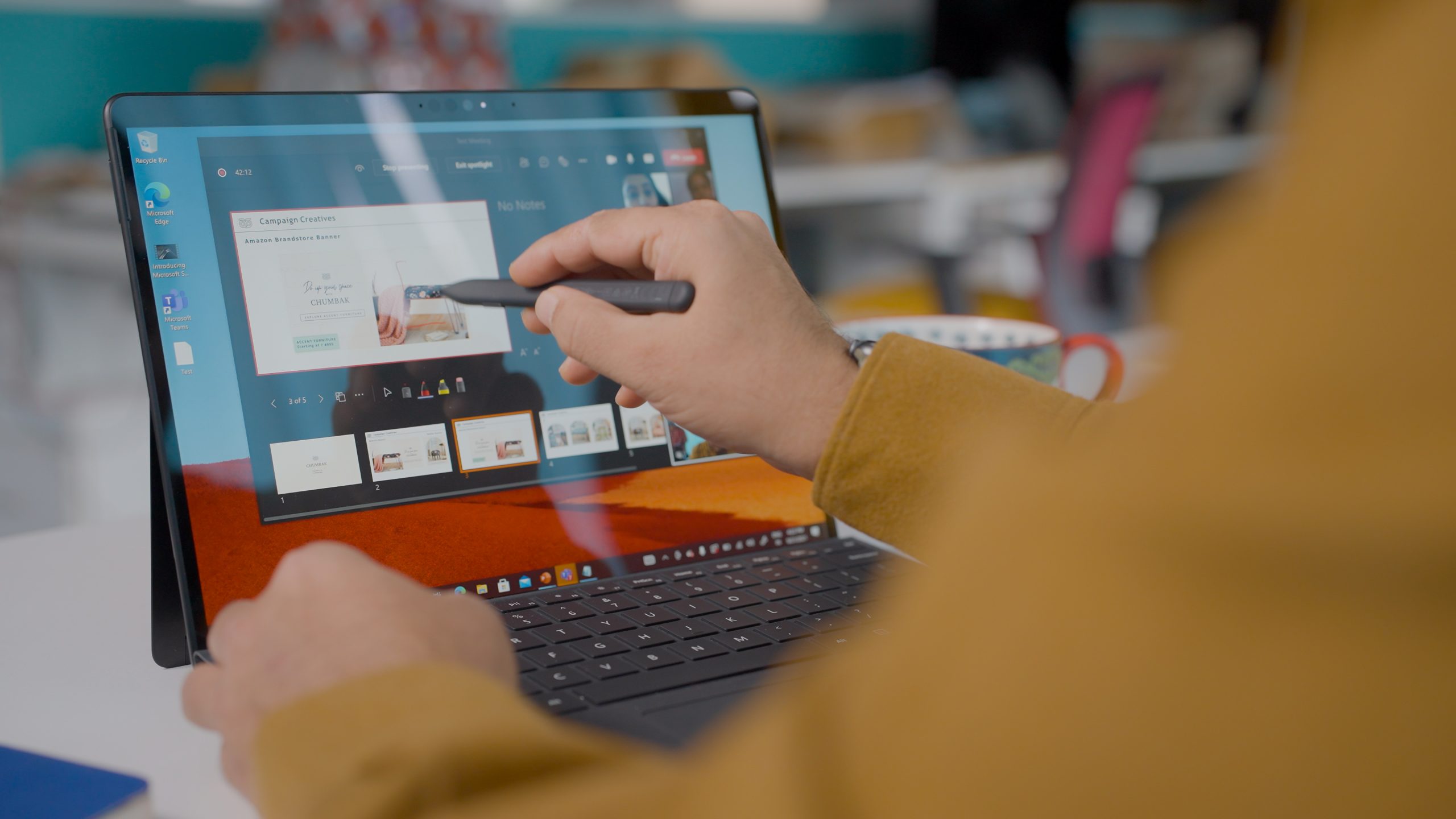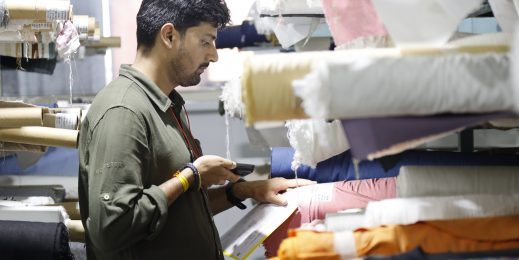
How Chumbak reimagined its business during the pandemic with Microsoft Teams
From running its business remotely to designing new products, Chumbak is doing it all on Microsoft Teams
When India went into a nationwide lockdown last year, Vivek Prabhakar took immediately action to keep his 11-year-old home décor and lifestyle products company running despite some big challenges.
“We saw the first signs of trouble in January 2020 with our suppliers, but we hadn’t anticipated the extent of the impact it would have,” says Prabhakar, Chumbak’s co-founder.
Within two months, the company had to shut all its stores, warehouses and offices across 18 Indian cities.
During this time, Chumbak’s leaders rethought their long-term objectives and decided to pivot to online retail, which had contributed only about 30% of revenue before the pandemic. To boost their e-commerce capabilities they needed to make major changes and fast.
The first step was to start running the business remotely. To do that, Chumbak switched on Microsoft Teams.
“Our entire organization downloaded Teams and we moved online just like that. Within two hours, 200 employees connected with each other in a seamless way. We did not need any extensive training program for this transition. It’s intuitive,” says Prabhakar.
While they waited for the world to open again, Chumbak transformed not only the way it worked remotely but also how it ran its business on Teams.
Chumbak, which means magnet in Hindi, started as a brand for collectibles and souvenirs. In the last 10 years it has evolved into a home and lifestyle brand with categories such as home decor, furnishings and accessories, becoming one of the most loved lifestyle brands in the country.
Today, Chumbak’s design team uses Whiteboard on Teams to create, collaborate, and gather feedback. The marketing team uses it to plan strategy. With automation built into Teams, the sales team gets its daily updates through chatbots. Even managers and staff at Chumbak’s retail stores and warehouses use Teams to stay in touch with the corporate office. And the core team uses PowerBI integrated with Teams to view inventory and sales dashboards.
 “All our task planning and calendaring has moved to Teams, and it’s helped us make our meetings more effective and efficient,” says Prabhkar.
“All our task planning and calendaring has moved to Teams, and it’s helped us make our meetings more effective and efficient,” says Prabhkar.
A few months into remote working and collaborating over Teams, they decided to try the unthinkable—could they conceptualize and launch furniture as a completely new product category without meeting in person?

“It was an interesting because no one—from the manufacturer to the design, product, and marketing teams were based out of the same city,” Prabhakar recollects.
They used Whiteboard on Teams to conceptualize and design the product, did group video calls on Teams with suppliers to approve the initial samples, and created dedicated channels to collaborate on pricing, margin calculation, forecasting, and everything else required to launch a product category.
“In pre-pandemic times, it’d take us about six months from conceptualization to launch. Since everyone was collaborating on Teams, we were able to complete this process in under four months,” Prabhakar adds.
Things have started looking up for Chumbak even as it navigated the pandemic.
“Some stores have recovered to pre-pandemic level sales or have achieved 75% of those levels. Online retail now accounts for 55% of the business. We were able to achieve this, partly, because we were able to move extremely fast with Teams and work around the challenges that COVID-19 presented to us.”
Even as remote working model has worked out rather well for the company over the last 18 months, the leadership was initially concerned about how Chumbak’s non-hierarchical structure would be affected as the entire company transitioned to working remotely.
But transitioning to Teams ensured that they could continue their open-door culture, which they had built over a decade.
“I was initially concerned about how people react to not being able to meet others, if there’d be issues in communication, or onboarding new employees. There are subtle nuances that make it difficult to carry out certain tasks online, but with Microsoft Teams we’ve been able to move the culture we’ve built over the last decade seamlessly online,” Prabhakar says.
Abhishek Mande Bhot is an independent writer and editor covering news, lifestyle, and luxury for publications in India and the US.















